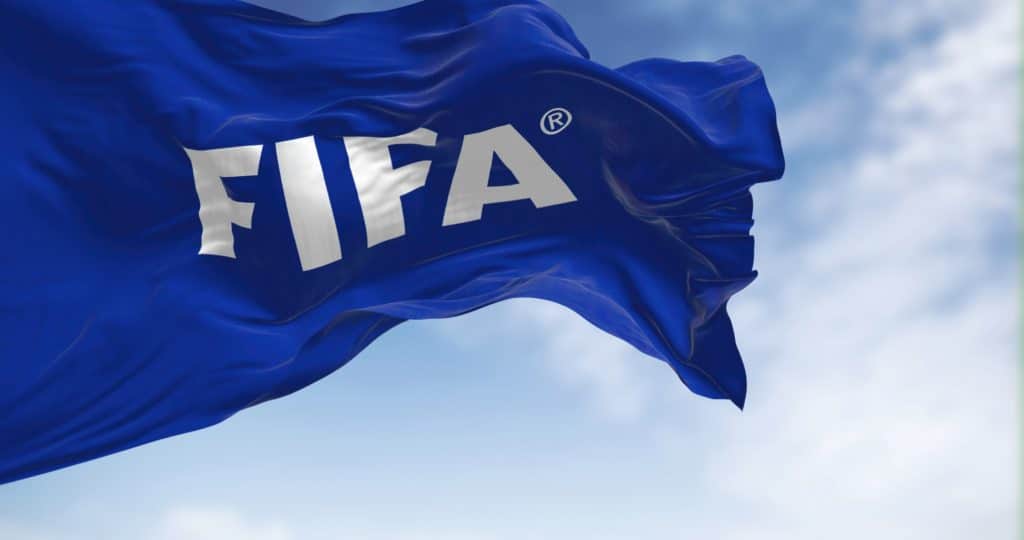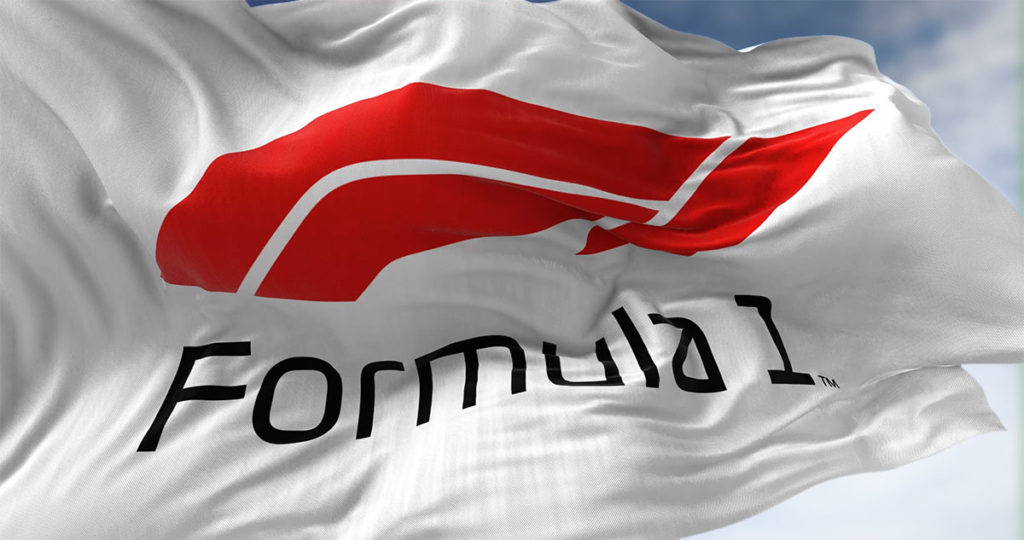While international sports governing bodies are jealously guarding their independence and reasserting their neutrality, athletes are increasingly being ‘asked’ to lend their considerable clouts to political and various other causes.
Kicking politics out of sport
International sports bodies are determined to ensure that their platforms are not hijacked by non-sporting agendas. They consider this to be one of their key gatekeeping roles.
In 2011, the International Cricket Council (ICC) banned its affiliates from appointing politicians to their countries’ cricket boards.
The reform was keenly felt on the sub-continent where hitherto politicians were ‘strategically’ seconded to the game’s governing bodies as a matter of course.
With this move, the ICC sought to purge the sport of undue political influence. Affiliates had to comply or face sanctions, including the threat of suspension.
Similarly, FIFA prides itself on being apolitical. International football’s governing body takes a dim view of government interference in the affairs of national football associations.
Over the years FIFA has banned countries from its competitions because their governments poked their noses where they didn’t belong.

In the run-up to the 2022 World Cup, amid incessant calls for footballers to speak out against the Qatari political regime and condemn its excesses, FIFA’s message to national associations and players was to concern themselves with football matters “and leave politics to politicians.”
Footballers also face sanctions for wearing t-shirts with political messages underneath their match-day kits. Quite clearly, football, the beautiful game, does not want to be sullied by politics, the dirty game, and its inherent divisiveness.
Motorsport reaffirms its neutrality

During this past weekend, the FIA was forced to clarify it’s guidelines as it sought to reiterate commitment to its long cherished principle of neutrality while outlining conditions under which drivers are allowed to make “political, religious and personal statements.”
An FIA statement read: “The updates cement the FIA’s longstanding commitment to protecting motor sport’s neutrality, and will particularly ensure neutrality during key moments across all motor sport competitions, such as podiums, national anthems and official activities ‘on the field of play‘ – it does not impose any additional restrictions on individuals expressing their views outside of these times.”
The governing body was at pains to stress that it was not gagging players or seeking to curtail their freedom of speech. Drivers were free to express their unsolicited opinions, but away from the sport’s official platforms or space owned by the FIA. Drivers could also express their personal opinions in FIA spaces, such as at press conferences, but only as direct responses to specific questions posed by journalists.
The statement added: “It was necessary to provide a separate guidance document to facilitate the implementation of the principles of neutrality across the many different motor sport disciplines.”
So, stripped of the confusion of the clumsiness of the original communication, the takeaway from the clarification is that the FIA is not legislating driver opinions, but merely restricting the physical space for their expression.
A friend to all, an enemy to none
Sport is enjoyed by a broad cross-section of fans of all races, gender, religious beliefs and political persuasions. By refusing to lend itself to divisive political or moral causes, international sports bodies hope to minimise the risk of alienating fans.
Confronted with contentious non-sporting issues they invoke their neutrality hoping to remain friends to all and enemies to none.
Custodians are also wary of the weaponisation of sport and how aligning the sport they superintend with certain causes could potentially bring their respective games into disrepute. So they opt for the safety of neutrality.
Yes, sport is often credited with unifying divided nations, even if its for a few euphoric days, but that positive shouldn’t be overstated. It doesn’t make sport a political tool. Perhaps it’s actually because of its neutrality, its crossover appeal and ability to transcend boundaries that sport is loved by friend and foe alike.
The athlete as an activist
Increasingly we are seeing attempts to turn the athlete into a politician or an activist, blurring the line between politics, activism and sport.
There is a growing trend of co-opting sports personalities into causes.
Because of sport’s global appeal and the athletes’ high profiles all manner of causes try to tether themselves to them for traction.
There is really nothing wrong with soliciting support for or seeking endorsement of noble causes.
It is the suggestion that “as athletes they have a duty” to speak out against human rights abuses, tyranny around the world, child labour, etc. that I find problematic. That responsibility is not conferred on the athlete by the sport they participate in, but by individual conscience.
It is the aggressiveness with which support for causes is often sought, in some cases demanded, and the attempts to ‘cancel’ those athletes who might be reluctant to take a stance which I also find rather disconcerting.
Passing the moral buck
Because advocates for various causes are not getting much change out of ‘neutral’ sports governing bodies, they are targeting the athletes and demanding that they carry the moral baton, in the process putting the athletes in conflict with the authorities superintending their sport.
Heading to the World Cup last year we witnessed how national football team managers and captains were ambushed at press conferences and pressurised into speaking out against Qatar’s stance on same-sex marriages and other rights violations.
Ideally, athletes would take the lead of their sport’s governing bodies. For example, the “Black Lives Matter” campaign – although “taking the knee” was left to the discretion of individual associations – enjoyed the support of many international sports bodies.
Otherwise for the most part the suits, the custodians of the different sports, don’t want to insert themselves into causes, choosing to hide behind neutrality. Rather unfairly, the political and moral hot potatoes is tossed to athletes.
Sport’s moral dilemma
In a world striving for all manner of equalities, sport wants to be seen to be doing its part. Yet some of the causes divide opinion.
It’s a real dilemma for professional sports bodies concerned with maintaining good relations with all.
For their part, athletes are caught between pressure groups leaning on them to front causes and governing bodies’ determined to maintain their neutrality for fear of alienating stakeholders.
The athletes are damned if they do, damned if they don’t.
Of course sport is not played in a vacuum and sports personalities have the power to influence public opinion. However, some of the pressure brought to bear on athletes borders on coercion.
They are footballers, cricketers, motor sport drivers, golfers, rugby players, tennis stars etc. first and foremost. If they should choose to become advocates for certain social causes then more power to their elbows.






